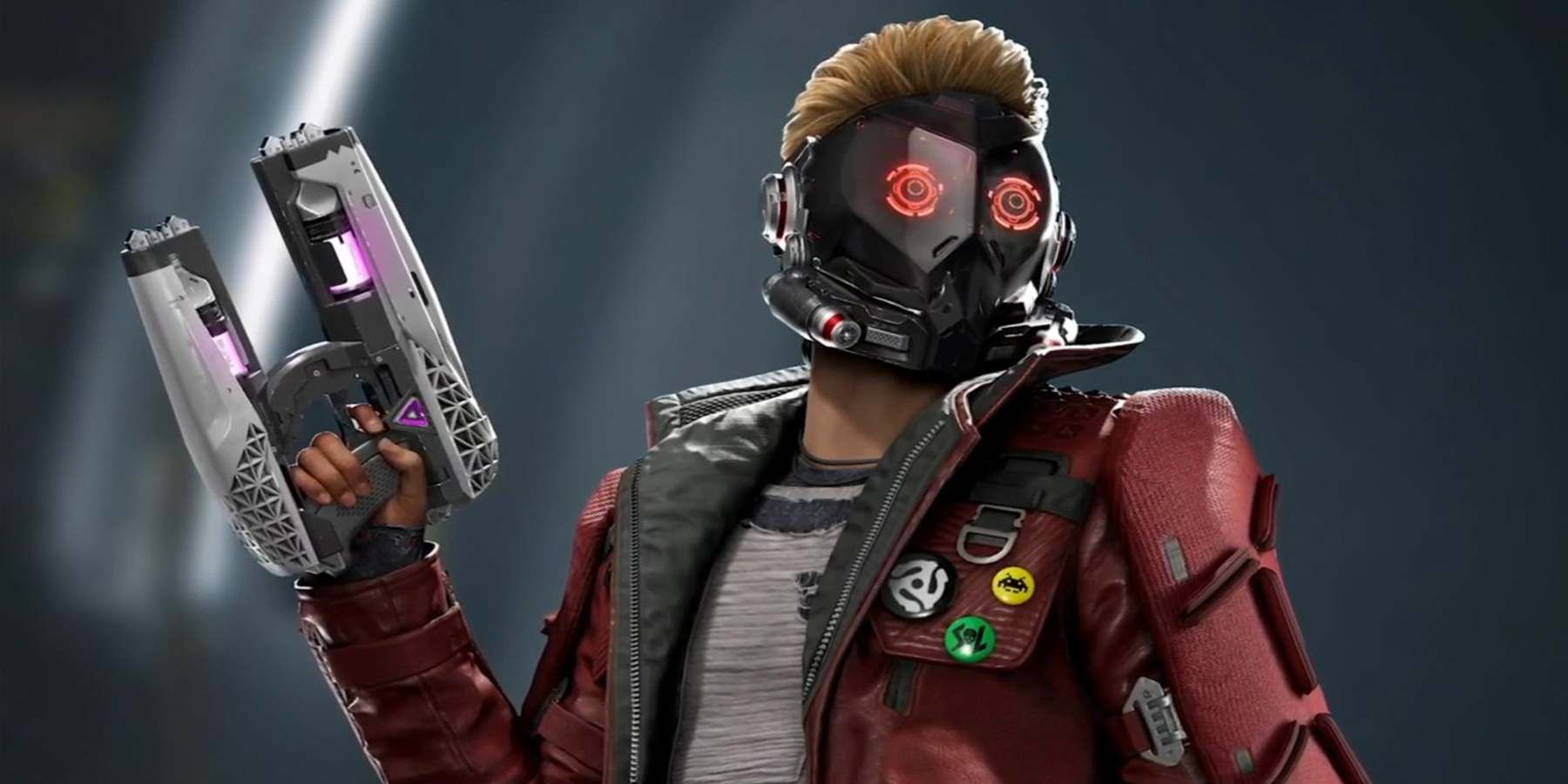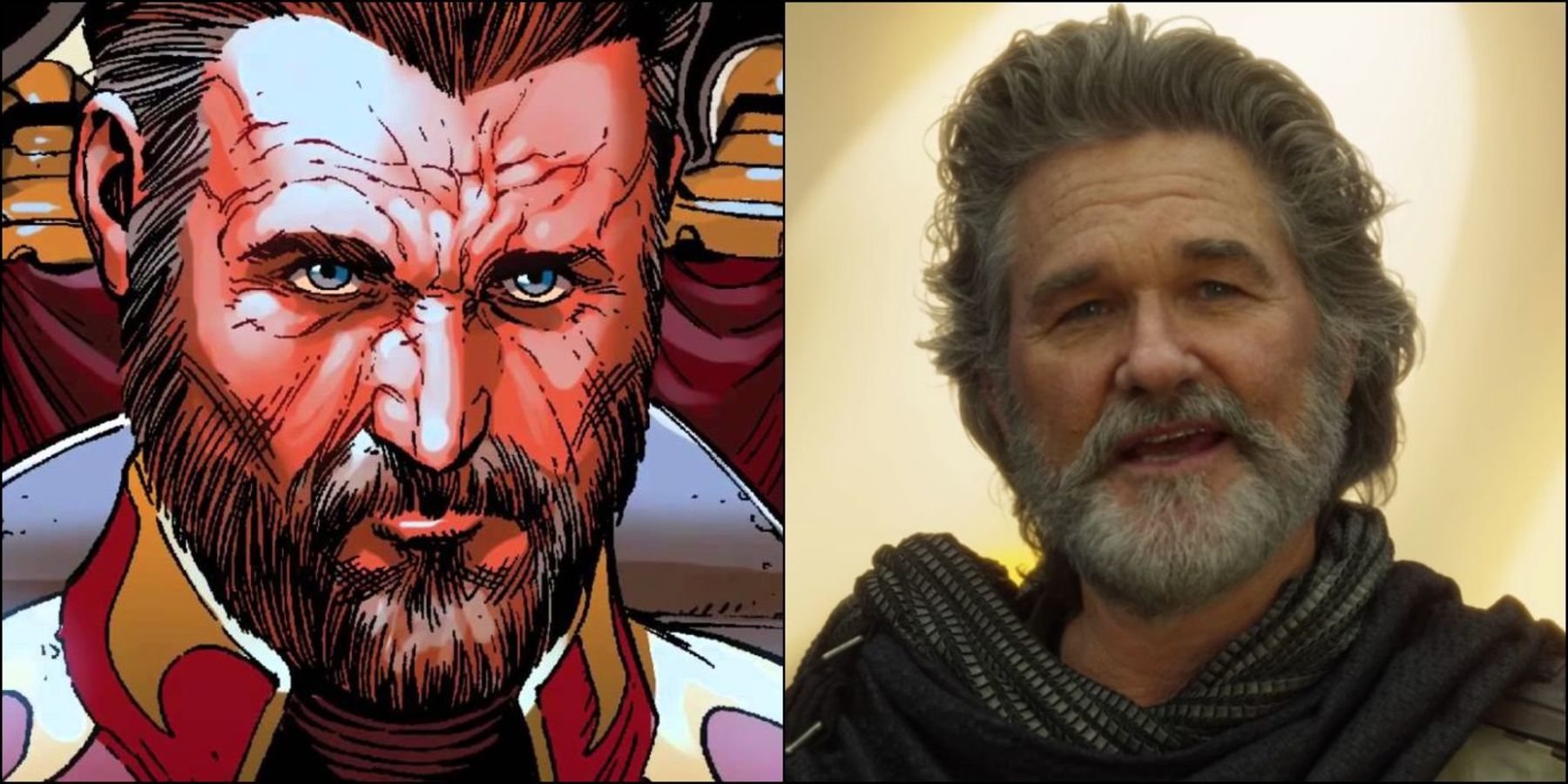Marvel’s Guardians of the Galaxy does some unique things with its cast of characters, though it does pull a lot from the comics as well. Drax the Destroyer’s strength and his defeat of Thanos are highlighted, more about Groot’s planet is revealed, and Gamora dons some comic-accurate armor. However, Star-Lord’s comic book origins are mirrored even more closely.
The MCU served as a major departure from Star-Lord’s original backstory, and given how well Ego turned out, it is hard to argue against the change being a good one. Still, it is nice to see the comics’ version of events represented, with the Star-Lord of Marvel’s Guardians of the Galaxy having royal roots as opposed to Celestial ones.
How J’son Differs From Ego
Even if there are some key differences between the big screen version of Star-Lord and his in-game counterpart, there are a few similarities. For starters, his mother dies tragically when he is a young boy, with Quill then taken to outer space against his will. His father is also in a position of power in both adaptations, with Quill inheriting special abilities in both versions due to his parentage.
However, from there, the two versions deviate. Not only are Star-Lord’s powers tied to his weapons as opposed to being natural abilities, but he is captured by the Chitauri as opposed to Yondu in the game, with the aliens holding him prisoner due to his position as the Prince of Spartax. In the comics and game, Quill’s father is J’Son, a king of the planet Spartax and cruel ruler. While Quill was used as a bargaining chip to convince J’Son to surrender, he never did, letting his son rot in prison as Spartax closed itself off to the rest of the world. Obviously, Ego the living planet was a major deviation from this story, as was Meredith Quill dying due to alien gunfire as opposed to cancer.
It was in this prison where Quill met Yondu, who was captured when the Ravagers attempted to raid a Resistance ship - a group that included Ko-Rel and would eventually help Gamora leave Thanos and turn to the side of good. In prison, Quill and Yondu schemed, coming up with a plan to break free from their cells. They eventually succeeded, with Quill accepting Yondu’s offer to join the Ravagers after the breakout.
However, based on the lore provided, it seems like the pair was a lot less close than they are in the films. This is because Quill eventually turns Yondu in to the Nova Corps, with the character and his fellow Ravagers in prison at the time of the game’s story. In the movies, even when the Ravagers are at odds with Star-Lord, it is clear there is a deep bond between him and Yondu - with the sequel making it clear that the arrow-wielding outlaw is a father figure for the Guardians’ leader.
In Marvel’s Guardians of the Galaxy, players never see Quill encounter J’Son, with Star-Lord never having met his royal father before the game takes place, either. Yondu seems more like a begrudging ally and a business associate than anything else, as he did not abduct Quill as a child and raise him as his own. With Star-Lord having lost his mother, too, he has no parental figures left in his life - explaining his emotional attachment to Nikki. While Meredith Quill still fell in love with an important figure from outer space, J’Son’s power stemmed from royalty and Spartax weaponry as opposed to Celestial status - something that makes Star-Lord’s parentage a fair bit different from what moviegoers might expect.
Marvel’s Guardians of the Galaxy is available now on PC, PS4, PS5, Switch, Xbox One, and Xbox Series X.


